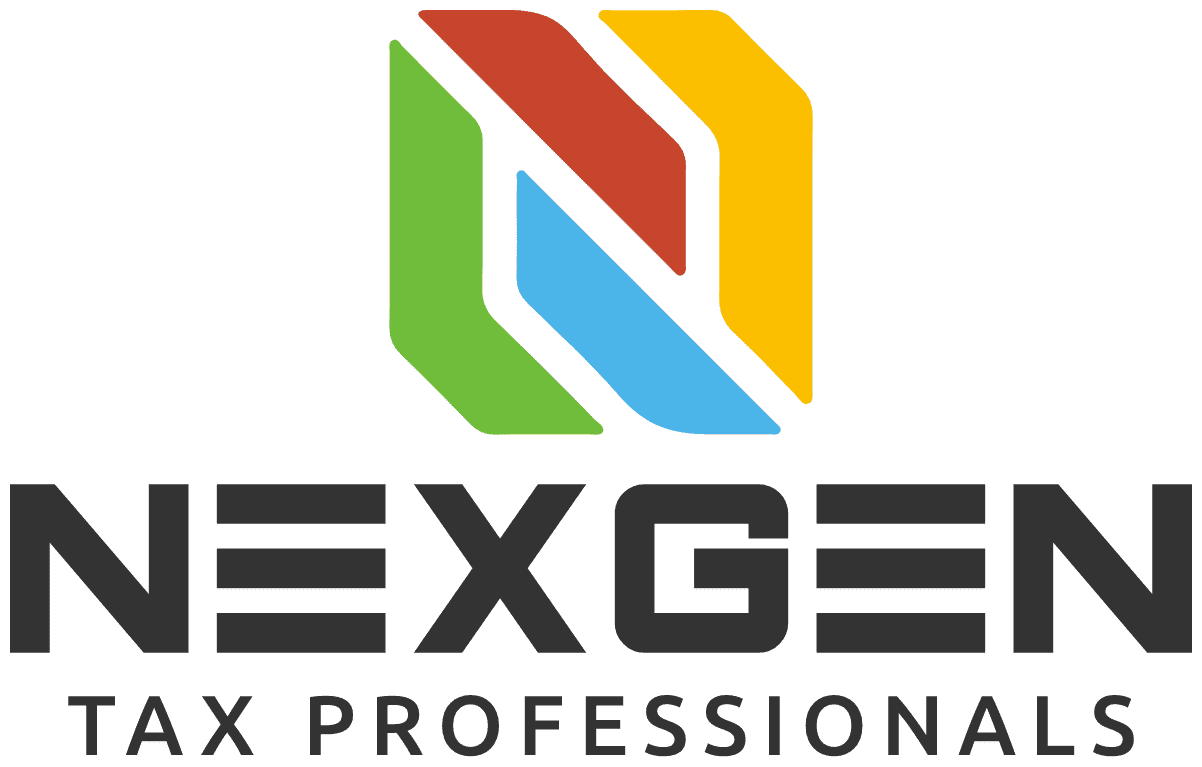In today’s fast-paced business world, automating your accounting processes can be a game-changer. By leveraging technology, businesses can streamline financial operations, reduce errors, and save valuable time and resources. This blog will answer some of the most common questions about automating accounts, helping you understand how this can benefit your business.
Table of Contents
- What is Accounting Automation?
- Why Should You Automate Your Accounts?
- Which Accounting Tasks Can Be Automated?
- How Do You Get Started with Accounting Automation?
- What Are the Benefits of Automating Accounts?
- Are There Any Drawbacks to Accounting Automation?
What is Accounting Automation?
Accounting automation refers to the use of software and technology to perform routine accounting tasks with minimal human intervention. This can include processes such as data entry, invoice generation, expense tracking, payroll, and financial reporting.
Why Should You Automate Your Accounts?
Automating your accounts can bring numerous advantages to your business:
- Efficiency: Automation speeds up processes, allowing you to complete tasks faster.
- Accuracy: Reduces the risk of human error, ensuring more accurate financial records.
- Cost Savings: Saves on labor costs by reducing the need for manual data entry and other repetitive tasks.
- Compliance: Helps ensure compliance with financial regulations and tax laws by keeping accurate records.
Which Accounting Tasks Can Be Automated?
A wide range of accounting tasks can be automated, including:
- Invoicing: Automatically generating and sending invoices to customers.
- Expense Tracking: Automatically recording and categorizing business expenses.
- Bank Reconciliation: Matching transactions in your accounting software with bank statements.
- Payroll Processing: Calculating employee wages, tax deductions, and generating pay slips.
- Financial Reporting: Generating financial statements such as profit and loss statements, balance sheets, and cash flow reports.
- Tax Preparation: Automatically calculating and filing taxes.
How Do You Get Started with Accounting Automation?
To get started with accounting automation, follow these steps:
- Assess Your Needs: Identify which accounting tasks take up the most time and resources.
- Choose the Right Software: Research and select accounting software that suits your business needs. Popular options include QuickBooks, Xero, and FreshBooks.
- Integrate Systems: Ensure your accounting software integrates with other business systems, such as your CRM or ERP.
- Set Up Automation: Configure the software to automate the chosen tasks. This may involve setting up bank feeds, creating templates for invoices, and defining rules for expense categorization.
- Train Your Team: Ensure your team is trained on how to use the new software effectively.
- Monitor and Adjust: Regularly review the automated processes to ensure they are working correctly and make adjustments as needed.
What Are the Benefits of Automating Accounts?
The benefits of automating your accounting processes include:
- Time Savings: Free up time for your team to focus on more strategic tasks rather than repetitive data entry.
- Improved Accuracy: Automated systems reduce the risk of errors, leading to more reliable financial data.
- Enhanced Productivity: Streamlined processes lead to increased productivity and efficiency within your business.
- Better Cash Flow Management: Automation helps in timely invoicing and expense tracking, improving cash flow management.
- Real-Time Financial Insights: Automated reporting provides real-time insights into your financial health, aiding better decision-making.
Are There Any Drawbacks to Accounting Automation?
While the benefits are significant, there are some potential drawbacks to consider:
- Initial Cost: There may be an initial investment in software and training.
- Learning Curve: Employees may need time to adapt to the new system.
- Dependence on Technology: Automation relies on technology, so any system failure can disrupt your accounting processes.
- Security Concerns: Ensuring the security of financial data is crucial, as automation involves handling sensitive information.
Conclusion
Automating your accounts can revolutionize the way you manage your business finances. By understanding the benefits and potential challenges, you can make an informed decision about whether accounting automation is right for your business. As technology continues to evolve, embracing automation can help you stay competitive, improve efficiency, and drive growth. If you have more questions or need assistance with getting started, consider consulting with a financial advisor or accounting professional who specializes in automation.
